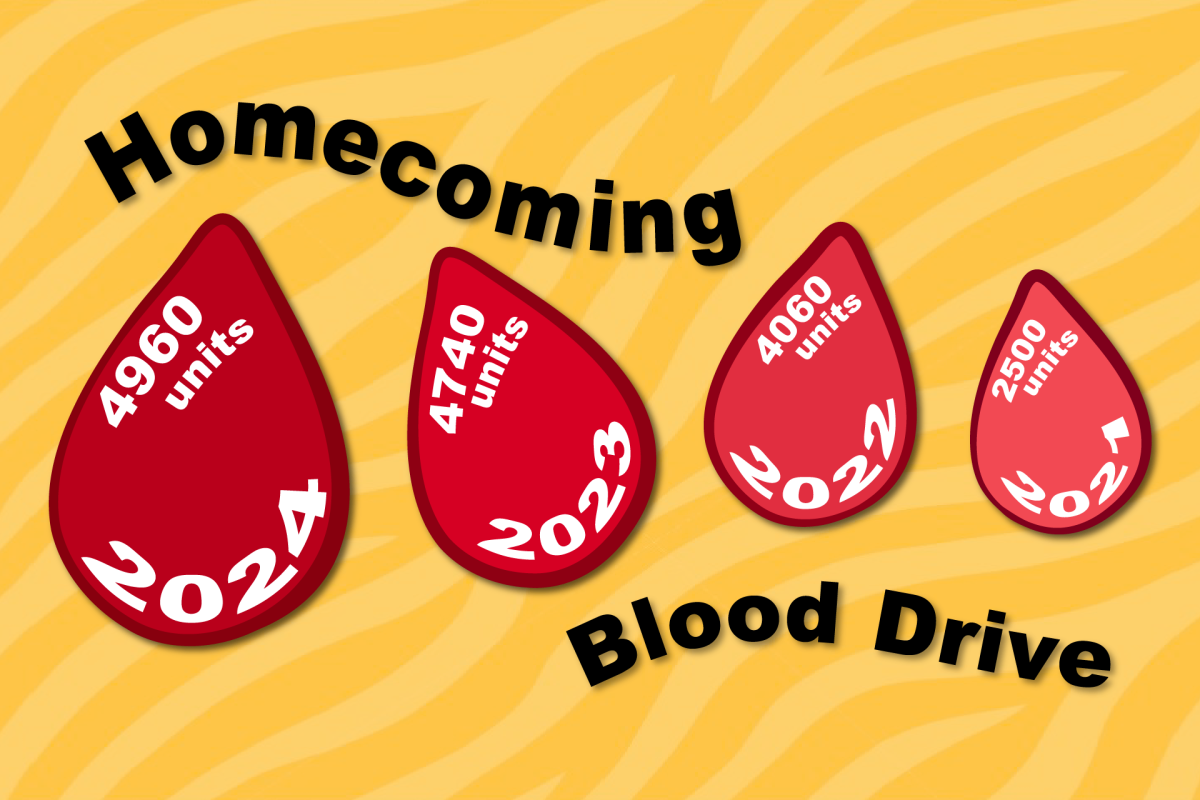Veterans are nearly twice as likely to be diagnosed with a chronic illness, often leading their family members to take on a secondary role as a caregiver, according to a recent MU study. Despite the stress associated with caregiving, many family members say assisting veterans is also rewarding.
Bonnie Wakefield, associate research professor in MU’s Sinclair School of Nursing, conducted the study. The study found more than one-third of veterans’ caregivers feel a strain taking care of their relatives, but usually also reported they were satisfied with their responsibilities as caregivers.
Wakefield said the researchers conducted a telephone survey of 120 veterans and 120 caregivers.
Through the survey, researchers discovered although close to one-third of caregivers reported high levels of strain, only 8 percent of caregivers said they had high levels of depression. Caregivers’ depression and strain were typically associated with limited coping strategies as well as taking care of veterans with lower self-reported health.
The research was published in the study “Strain and satisfaction in caregivers of veterans with chronic illness.” According to the study, most veterans are monitored for a variety of chronic illness, with diabetes and hypertension being the most common. Caregivers spend anywhere from three to 168 hours a week taking care of veterans with chronic illness. The study reported 76 percent of caregivers feel confident about helping care for the veterans.
Wakefield said the strain caregivers feel can be both physical and emotional, and the level of outside assistance they receive depends on a number of factors.
“It depends on the needs of the care recipient, the availability of services in the area and costs,” Wakefield said in an email. “In rural areas there are typically fewer available services.”
Jeanne Hayes is a research compliance officer for the Kansas City Veteran Affairs Medical Center and co-author of the study. She said there are ways to reduce the strain felt by caregivers, such as offering targeted and easily accessible interventions to reduce sources of strain for caregivers.
According to a study published by the National Alliance for Caregiving and the United Health Foundation in 2009, 17 percent of caregivers for adults provide assistance to veterans. Ninety-six percent of these caregivers are women and are usually spouses to the veteran. Forty-one percent of the veterans are between the ages of 18 to 54.
“In this population (that was surveyed), spouses were most frequent,” Wakefield said. “However, adult children are often caregivers for older adults.”
Wakefield said the purpose of the study was to assess strain and satisfaction in caregivers of veterans with chronic illness.
“The importance of the research is that it identifies factors that predict caregiver strain and satisfaction,” Hayes said. “What keeps caregivers satisfied and feeling as though they can continue providing care to a loved one? What causes strain? By identifying these critical elements, it becomes possible to better support caregivers.
The study was published in Research in Nursing & Health and was funded by the Department of Veterans Affairs Quality Enhancement Research Initiative. Researchers from the MU School of Medicine also contributed to the study.
“More and more family members are providing care to loved ones in the home setting as healthcare has shifted toward outpatient treatment,” Hayes said.







